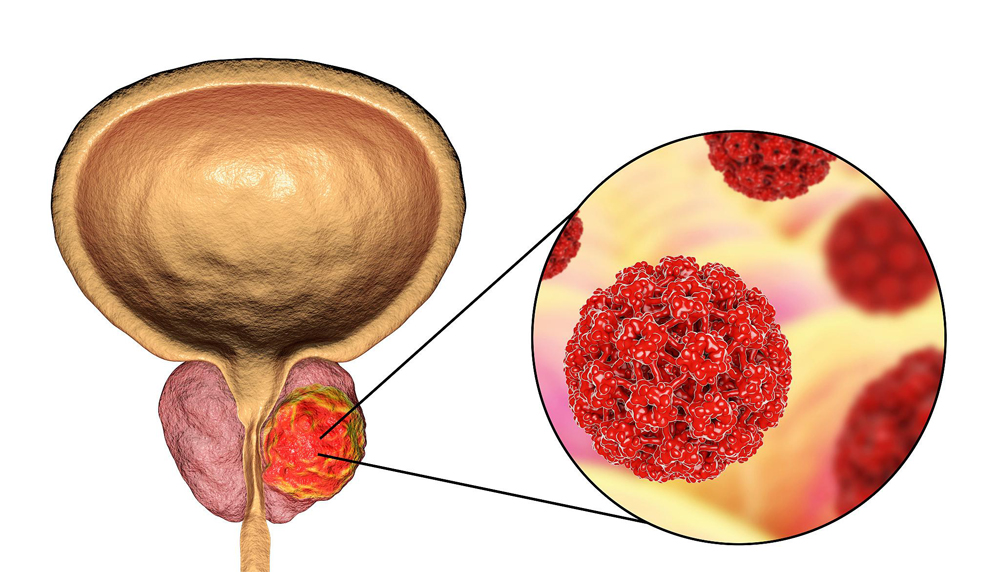On October 31, ESSA Pharma announced that Johnson & Johnson/Janssen Pharmaceuticals will discontinue a Phase I combination therapy clinical study of its lead candidate, EPI-7386, mainly due to challenges in patient recruitment. Affected by this, ESSA’s stock price fell, with a maximum drop of more than 20%.
However, just a few days ago (October 26), ESSA Pharma announced the first two cohorts of a Phase I/II study of EPI-7386 in combination with Xtandi (enzalutamide) in patients with metastatic castration-resistant prostate cancer (mCRPC). After the latest positive clinical data, ESSA’s stock price jumped 180% on the day.
Previously, Janssen and ESSA planned to conduct clinical trials of two different combination therapies for metastatic castration-resistant prostate cancer: one with EPI-7386 in combination with Zytiga (abiraterone) and the steroid prednisone; the other with EPI-7386 in combination with Erleada (apalutamide).
According to the information disclosed by ESSA, when J&J decided to stop the clinical trial, 3 patients had already received a combination therapy (the specific subdivision type has not been disclosed), and in 2 patients their PSA levels were observed at 12 It’s down 90% in a week.
“Given the encouraging data we have seen in the combined study, we plan to conduct the trial alone,” an ESSA spokesperson told Endpoints. “However, the trial population may be adjusted to patients with early-stage prostate cancer, as the combination of EPI-7386 and the second-generation anti-androgen drug Xtandi has obtained sufficient evidence to support the efficacy of the first-line mCRPC population. And Janssen has agreed to provide us with the investigational drug. , we are currently discussing the next steps with them.”
Prostate cancer is a track where Johnson & Johnson is making a big bet. In 2013, Johnson & Johnson spent $1 billion to acquire Aragon Pharmaceuticals, and obtained the second-generation non-steroidal androgen receptor (AR) inhibitor apalutamide developed by the latter. It was approved by the FDA in 2018 and was the first approved drug for Drugs for the treatment of non-metastatic castration-resistant prostate cancer (nmCRPC). In 2021, sales of apalutamide have already exceeded $1 billion.
In December 2020, J&J partnered with Xencor to develop a bispecific antibody to CD28, also an undisclosed prostate tumor target, for which potential treatments for prostate cancer could be developed. In October 2021, J&J and Xencor reaffirmed their commitment to each other, with J&J upfronting an additional $100 million in cash and $25 million in equity to advance CD28 bispecific antibody research.
ESSA and Janssen started working together in January 2021, but Janssen is not the only well-known company that ESSA has collaborated with. The company has also previously worked on EPI-7386 with Astellas/Pfizer’s Xtandi (enzalutamide) and Bayer’s, respectively. Nubeqa (darotamide) in combination therapy studies and EPI-7386 monotherapy in concurrent development.
EPI-7386 is a highly selective oral androgen receptor N-terminal domain (AR NTD) small molecule inhibitor. The US FDA has granted Fast Track designation to EPI-7386 for the treatment of adult male patients with mCRPC who are resistant to standard therapy.









